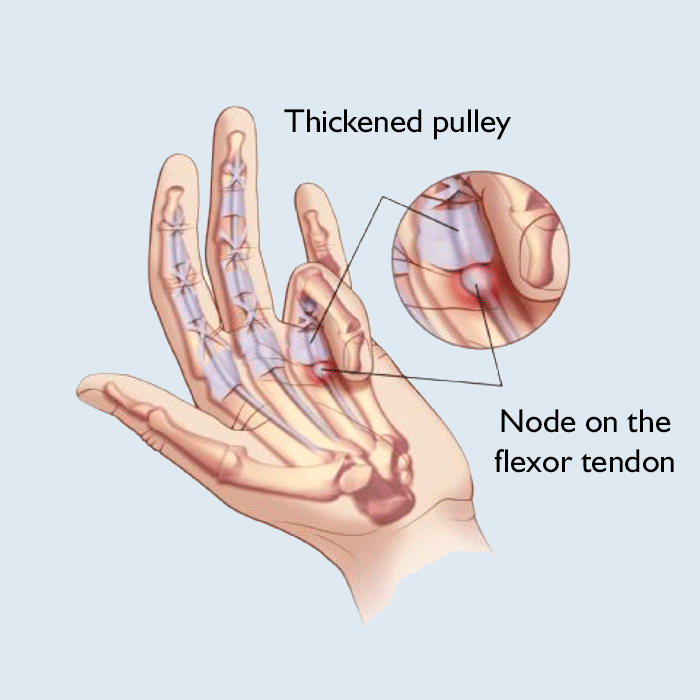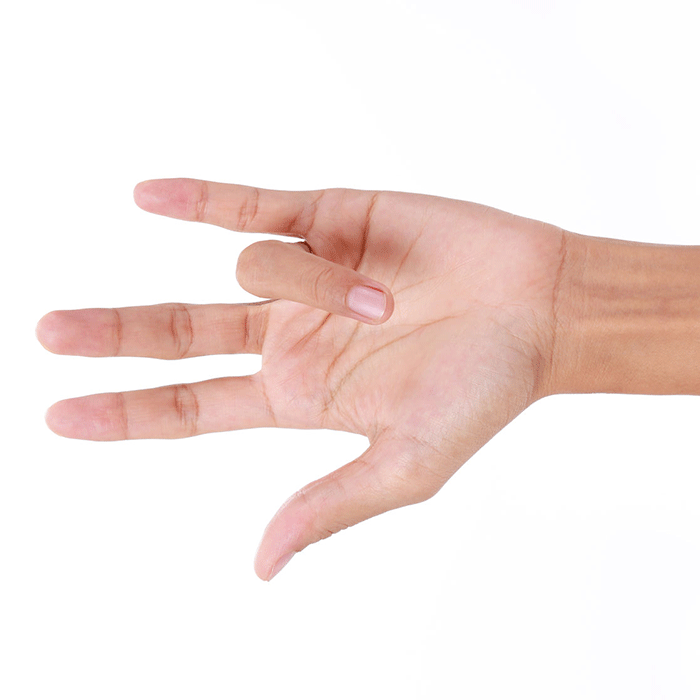Trigger finger surgery is a surgical treatment to release the narrowed pulley which causes the popping sensation when the finger is moved. After the surgery, the tendons could glide easily again in the sheath and the range of motion of the finger would be fully restored.
- Safety First COVID-19
-
Treatments
-
Orthopaedic Surgery
- Arthroscopic knee surgery
- Arthroscopic meniscectomy
- Anterior cruciate ligament (ACL) surgery
- Bunion surgery
- Carpal tunnel release
- Chondropathy surgery
- Cubital tunnel release
- Dupuytren’s contracture surgery
- Ganglion Removal
- Hammertoe surgery
- Hip replacement surgery
- Laser Disc Decompression (PLDD)
- Patellar dislocation
- Shoulder surgery
- Total knee replacement
- General Surgery
- Hand surgery
- Gynecological surgery
- ENT Surgery
- Ophthalmic Surgery
- Diagnostics
- Urological surgery
- Proctology
-
Orthopaedic Surgery
- Prices
- Our hospital
- Our Team
- Travel Guide
- Blog
- Contact





